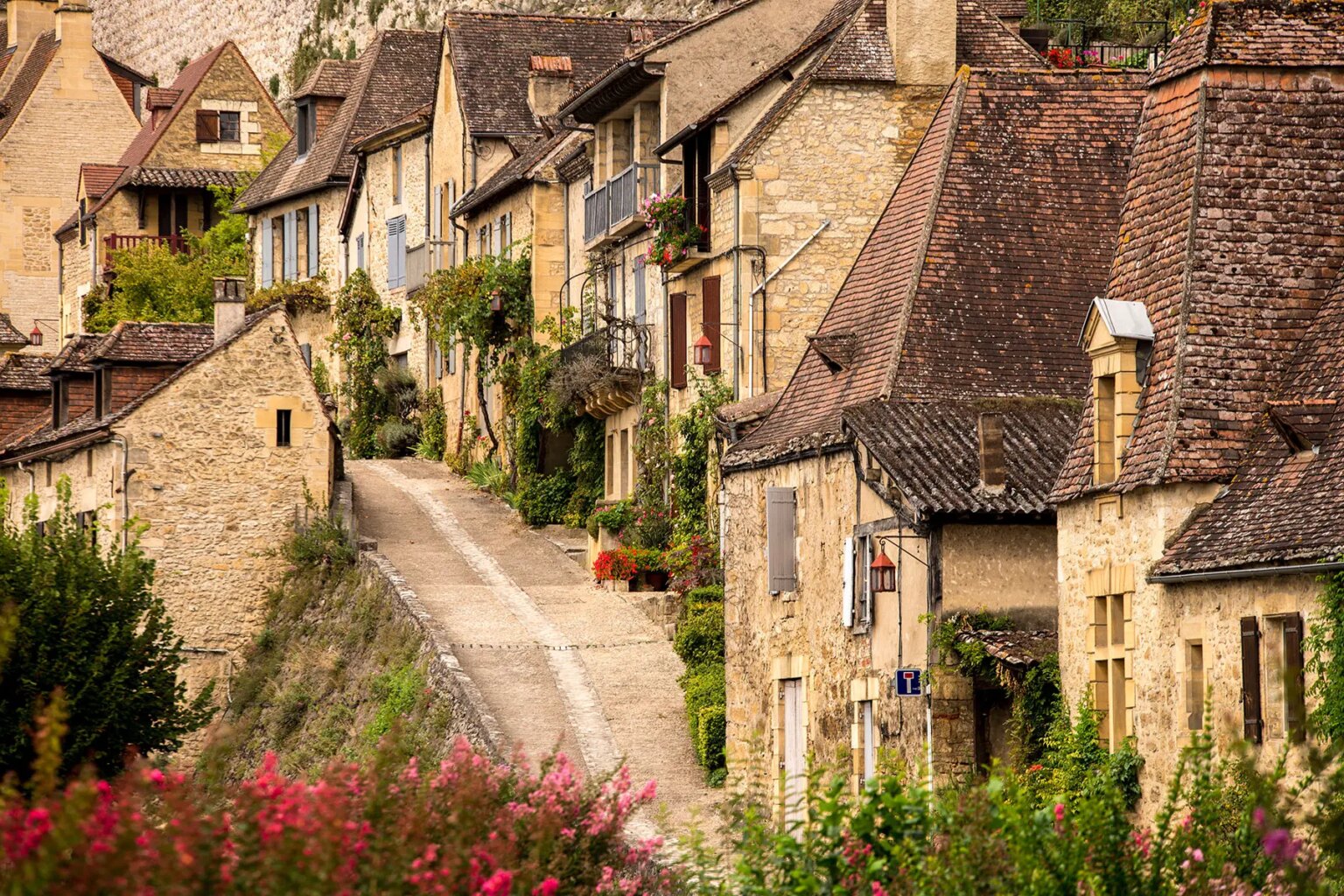The Dordogne, in the southwest region of Aquitaine, has been attracting expats since the 1960s – not just vast numbers of les Anglais (hence the ‘Dordogneshire’ joke) but with Dutch and Germans too.
Maybe it’s the perfect climate, the gorgeous medieval villages, the lush green rolling hills, the house prices (much lower than the UK), the meandering flowing Dordogne or the freely flowing wine. Whatever the reason, expats have come in droves to live and work here.
Sirelo
It's no secret that moving abroad can be stressful. Sirelo's team of removal advisers is here to help. They provide five free quotes from international shipping companies so you can find the best options at the best prices. Take the stress out of your relocation to France with Sirelo.
Helen and Sam bought an old stone house about five years ago, with outbuildings in a hamlet – just a single lane with about eight houses dotted along it – not far from Bergerac. “It was the archetypal French farmhouse: blue wooden shutters, vine over the door, with several dependences and a huge garden and meadow. We couldn’t believe how much we could get for our money.”
The English couple they bought it from had spent a lot of time and money on renovations, including converting a roofless barn into a walled swimming pool, and they were able to buy some of the existing furniture. “We painted the house in hot sunny colours and put up new curtains and it looked amazing,” says Helen, “but we definitely underestimated the amount of maintenance required. By the end of the first year, we had to repaint all of the exterior walls; a freezing winter damaged the mosaics in the pool; and we had bees’ nests in the roof!” They converted an old chai (wine store) into a gîte to provide an income during the hot summer months, besides renting it out to a writer for six months every winter.
With so many Brits in the Dordogne, it’s a relatively easy area to move to if your French is limited. The downside to this is that you can end up not being fully integrated into the local community. Helen (who is fluent) and Sam (who is ‘improving’) quickly made good friends with other expats in the area and their French neighbours: “We have sons the same age, and with no fences or walls between our properties, the kids run between the houses.” But it’s been harder to make other French friends: “People are warm, you bump into them on market day and in the local cafes but it can be hard to make the step from acquaintance to friend.”
The Dordogne used to be popular almost exclusively with retired couples. This is no longer the case. It’s been estimated that there are around 800 British-owned businesses around the bastide town of Eymet, although a lot of these are servicing the expat community. Charlotte and Tom have been living in France for about ten years and run their own gardening business: “We started out with a single recommendation from friend-of-a-friend and now we look after about 20 different gardens, all of them for second-homers.” Their daughter is one of 20 English pupils at the local school.
Transport links are good, with airports at Bergerac and Bordeaux, and the train from London via Paris or Lille terminates at Libourne. Property (like the wine) is relatively cheap and plentiful. The quality of life is excellent. There’s plenty of space so you always escape the other Brits if you want to. What’s not to like?




